Should A Landlord Remove Roof Of A Tenant For Failure To Pay Rent/Pack Out? Daily Law Tips (Tip 624) by Onyekachi Umah, Esq., LL.M, ACIArb(UK)
Once a landlord, always a landlord. A landlord does not lose his property under tenancy. However, once there is a tenancy/tenant on a property, the landlord transfers some of his interest on the property to the tenant for a given period. Hence, a landlord ceases to have overall rights over his property once there is a tenant rather shares rights with the tenant.
Among the rights that a landlord transfers to a tenant, is the right to quiet and peaceful enjoyment of property. It means that the landlord must ensure that a tenant enjoys peaceful stay on the property without disturbances (including adverse legal claims and threats to possession). Tenant has a right to a quiet and peaceful enjoyment of property, with or without payment of rent, until a court says otherwise!
High above tenancy laws and rights, are the fundamental human rights of all persons (human beings and corporate entities) in Nigeria. The fundamental human rights are contained in the Constitution of Nigeria and must be respected by all persons (including landlords and tenants). Among the fundamental human rights are the Right to dignity of human person (this frowns against inhuman and degrading treatments) and the Right to acquire and own immovable property.
Contrary to the legally approved means of evicting tenants (seeking and obtaining valid court orders), some landlords and their agents force tenants out of their property. Some go as far as, removing roofs, renovating the property or conniving with government sanitation/environmental protection offices in order to frustrate tenants.
The moment there is tenant on a property, the landlord and his agents have only limited rights to enter or work on the property with consent. The consent of a tenant must be sought and obtained before his roof can be removed or any renovation, that will cause him distress/hardship can be commenced. Tenant can sue landlord and his agent for trespass. Tenants should not be forcefully or fraudulently thrown into rain/sun or insecurity due removed roof or renovation; this will be degrading and inhuman. The tenant’s right to dignity of person must be respected by landlords.
Where a landlord wishes to recover his property from his tenant or his former tenant, the landlord MUST go to court. That a tenant is owing any rent or fee, or has refused to pack out is irrelevant. There is no debt, no matter how much and for how long that will warrant and justify the unauthorized removal of roof, doors or locking, closure or destruction of a tenant’s gate, door, padlock, chain, access point or any property whatsoever. There is no debt, fee or payment that is special and that can justify such illegality including unpaid rent, balance of rent, surcharges, overstay fee (mesne profit), caution fee, advertisement levy, association fee, estate fee, development levy, sanitation levy, electricity bill, water bill, security fee, monthly/yearly dues, infrastructure fee, service charge or any money, fee or item. Let me also add, that the wicked practise of cutting off water/electricity supply or conniving with government offices to cajole and force out tenants is illegal and unlawful.
Tenancy (Landlords and Tenants matters) are regulated by laws made by state government in each state through the state legislators and in the Federal Capital Territory, Abuja (FCT) by the National Assembly (since Abuja has no state legislators). So, going by the various laws governing tenancy matters in Nigeria, the laws create minimum standards for the relationships between landlords and tenants. The laws supersede oral and written agreements of landlords and tenants over issues of tenancy unless where the laws expressly allow landlords and tenants to decide and prevail.
In the Federal Capital Territory (FCT) is a federal law operational only in the FCT governing tenancy matters. The said federal law is the “Recovery of Premises Act” and came into operation since 1st June 1945. You will rarely find a copy of it online, so we have provided a free online copy on our website www.LearnNigerianLaws.com in order to increase access to justice. Generally, by law, where there is any dispute between persons, they are to seek justice in courts or through alternative dispute resolution options. None is allowed to take laws into his hands, use force and result to self-help.
There are several lawful means of recovering debts and property from a tenant. Consult a lawyer and avoid breaching the rights of a tenant in trying to use force, self-help or any illegal means. Go to court with clean hands!
References:
1. Sections 34 and 43 of the Constitution of the Federal Republic of Nigeria, 1999.
2. Sections 1, 2, 4, 6, 7, 8, 9, 10, 13, 19 and 20 of the Recovery of Premises Act 1945, Laws of the Federation of Nigeria (ABUJA) and other similar tenancy laws across the states in Nigeria.
#SabiLaw
#DailyLawTips
#SabiBusinessLaw
#SabiElectionLaws
#SabiHumanRights
#SabiLawOnBeatFm
#SabiLawLectureSeries
#CriminalJusticeMonday
#SabiLawVideoChallenge
Feel free to reach the author, ask questions or make inquiries on this topic or any other legal issues via onyekachi.umah@gmail.com or +2348037665878.
****************************************************************************************
This work is published under the free legal awareness project of Sabi Law Foundation (www.SabiLaw.org) funded by the law firm of Bezaleel Chambers International (www.BezaleelChambers.com). The writer was not paid or charged any publishing fee. You too can support the legal awareness projects and programs of Sabi Law Foundation by donating to us. Donate here and get our unique appreciation certificate or memento.
DISCLAIMER:
This publication is not a piece of legal advice. The opinion expressed in this publication is that of the author(s) and not necessarily the opinion of our organisation, staff and partners.
PROJECTS:
🛒 Take short courses, get samples/precedents and learn your rights at www.SabiLaw.org
🎯 Publish your legal articles for FREE by sending to: eve@sabilaw.org
🎁 Receive our free Daily Law Tips & other publications via our website and social media accounts or join our free whatsapp group: Daily Law Tips Group 6
KEEP IN TOUCH:
Get updates on all the free legal awareness projects of Sabi Law (#SabiLaw) and its partners, via:
YouTube: SabiLaw
Twitter: @Sabi_Law
Facebook page: SabiLaw
Instagram: @SabiLaw.org_
WhatsApp Group: Free Daily Law Tips Group 6
Telegram Group: Free Daily Law Tips Group
Facebook group: SabiLaw
Email: lisa@sabilaw.org
Website: www.SabiLaw.org
ABOUT US & OUR PARTNERS:
This publication is the initiative of the Sabi Law Foundation (www.SabiLaw.org) funded by the law firm of Bezaleel Chambers International (www.BezaleelChambers.com). Sabi Law Foundation is a Not-For-Profit and Non-Governmental Legal Awareness Organization based in Nigeria. It is the first of its kind and has been promoting free legal awareness since 2010.
DONATION & SPONSORSHIP:
As a registered not-for-profit and non-governmental organisation, Sabi Law Foundation relies on donations and sponsorships to promote free legal awareness across Nigeria and the world. With a vast followership across the globe, your donations will assist us to increase legal awareness, improve access to justice, reduce common legal disputes and crimes in Nigeria. Make your donations to us here or contact us for sponsorship and partnership, via: lisa@SabiLaw.org or +234 903 913 1200.
**********************************************************************************












































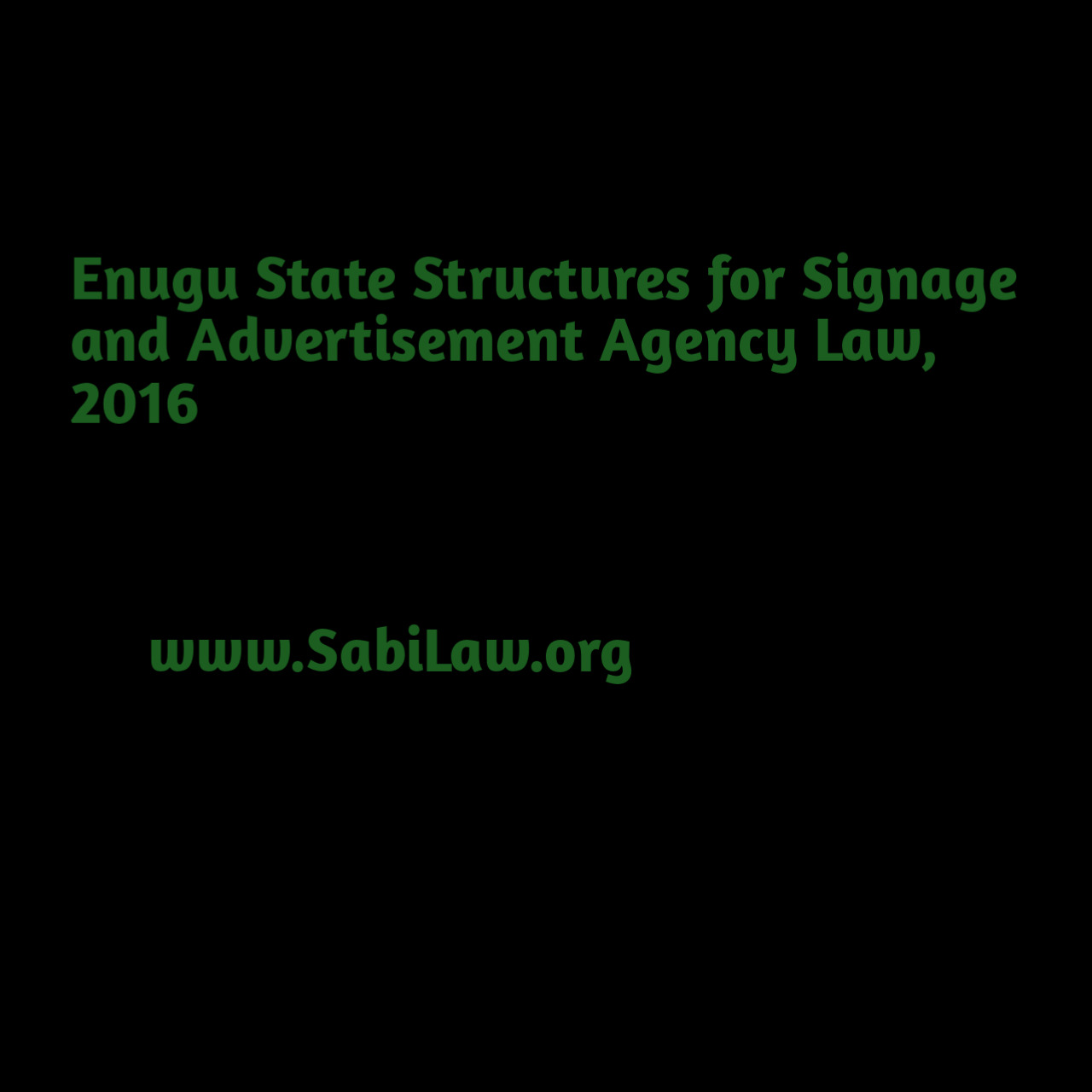
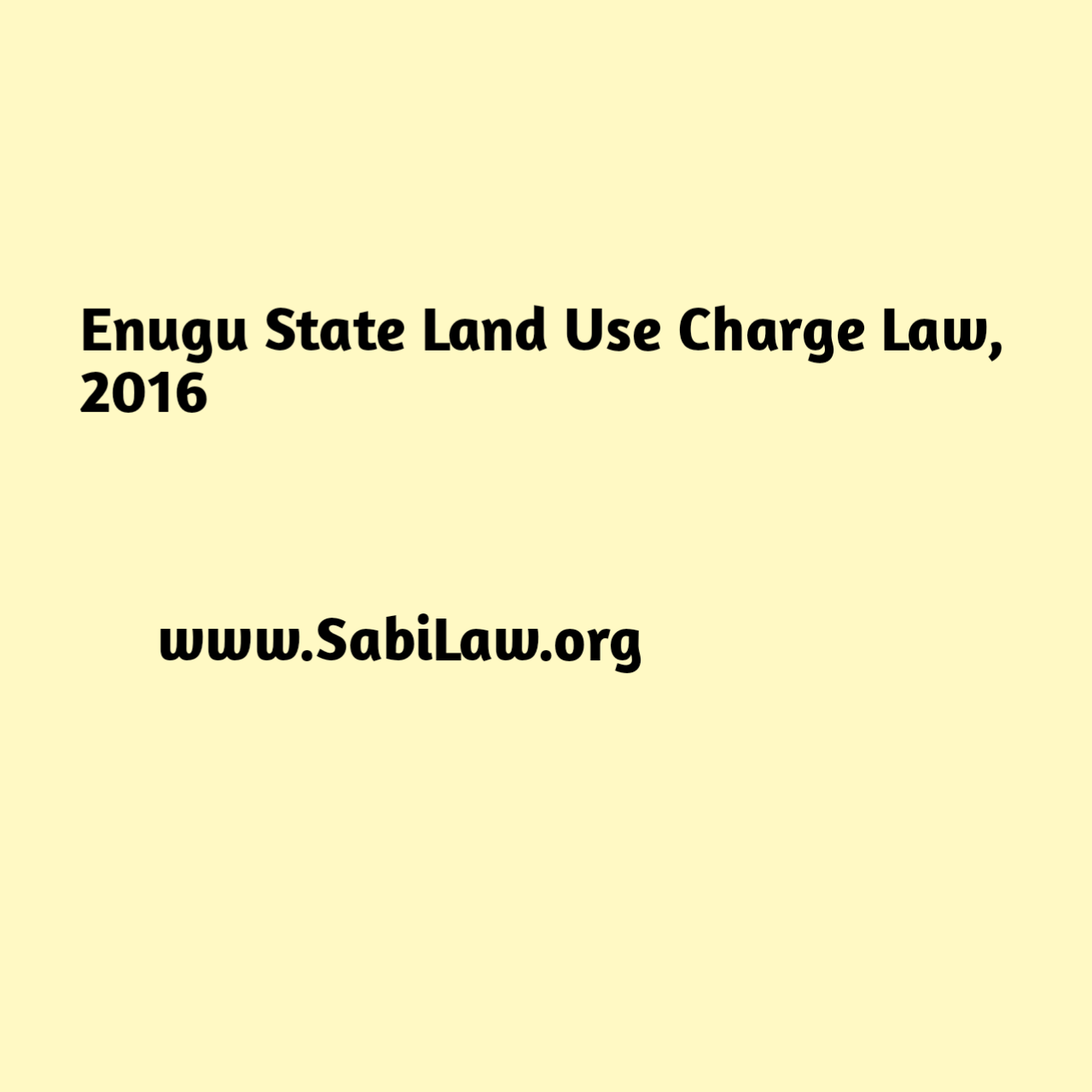
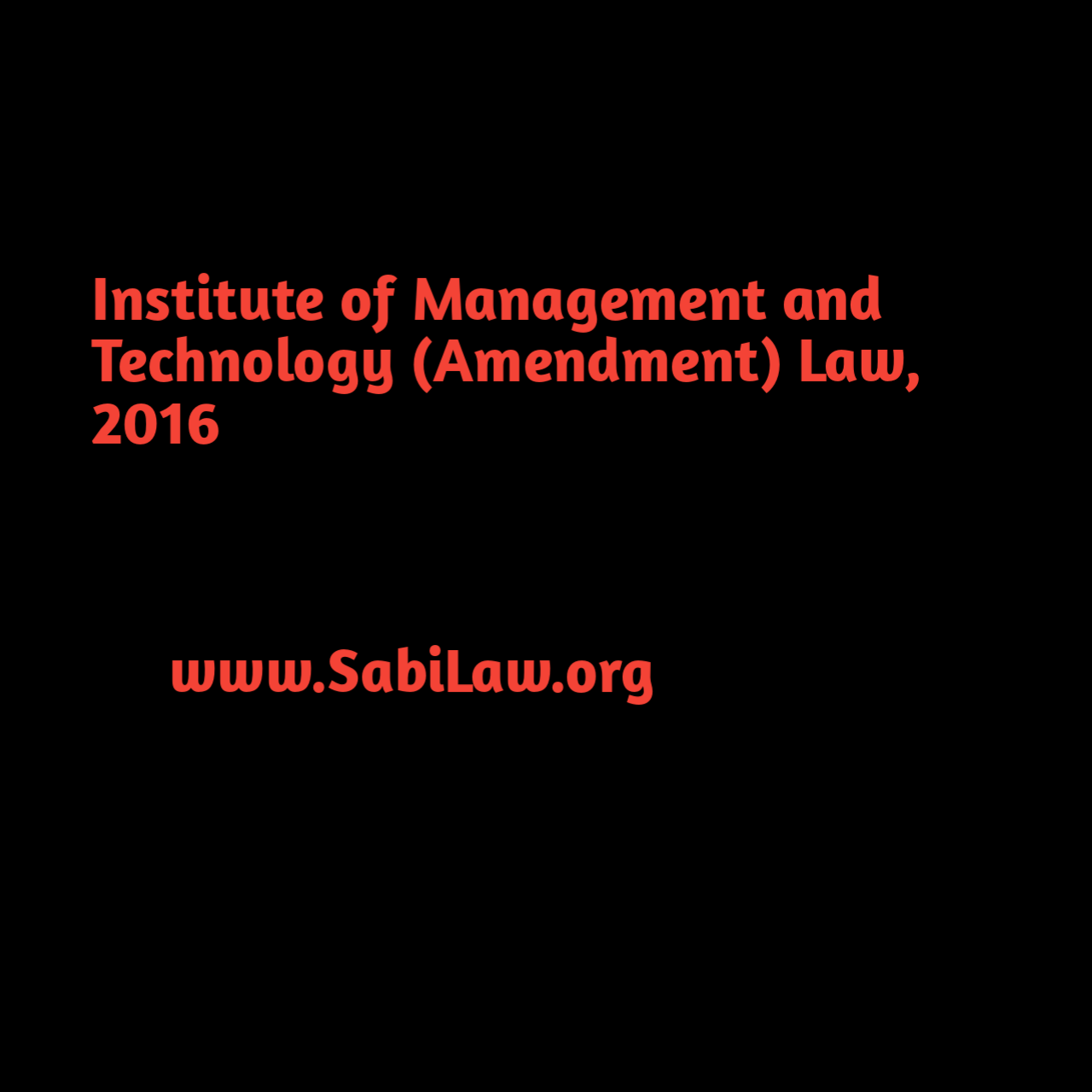
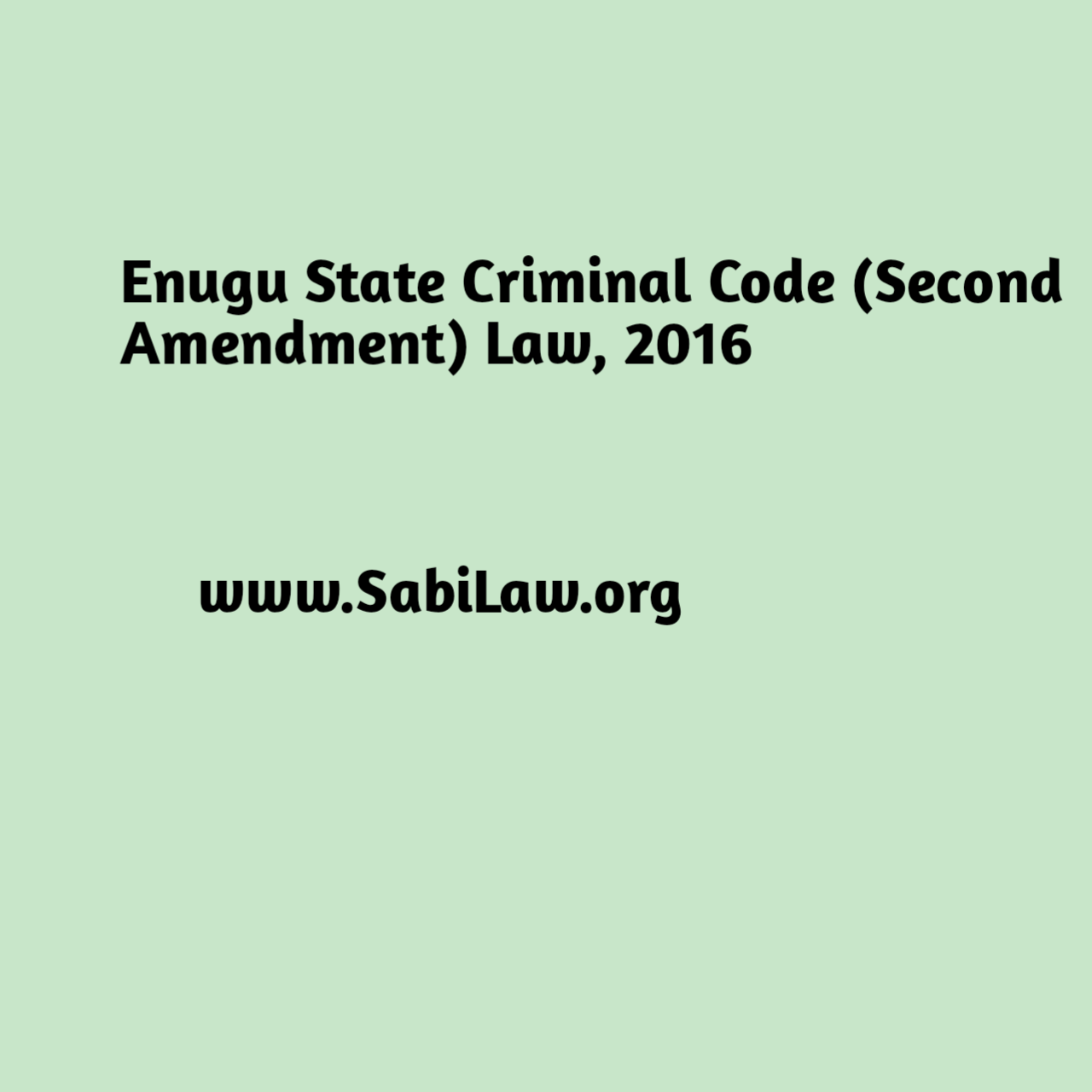
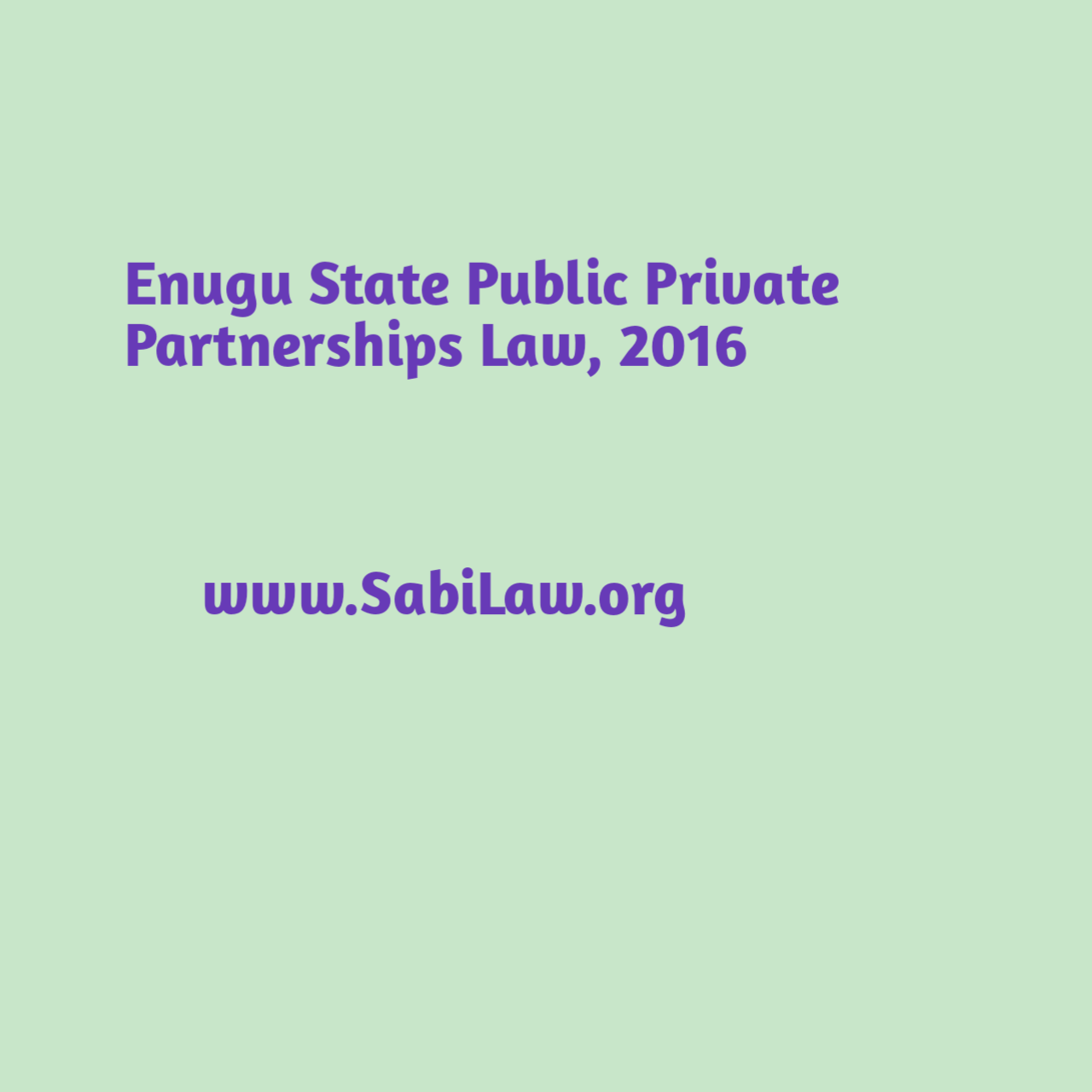
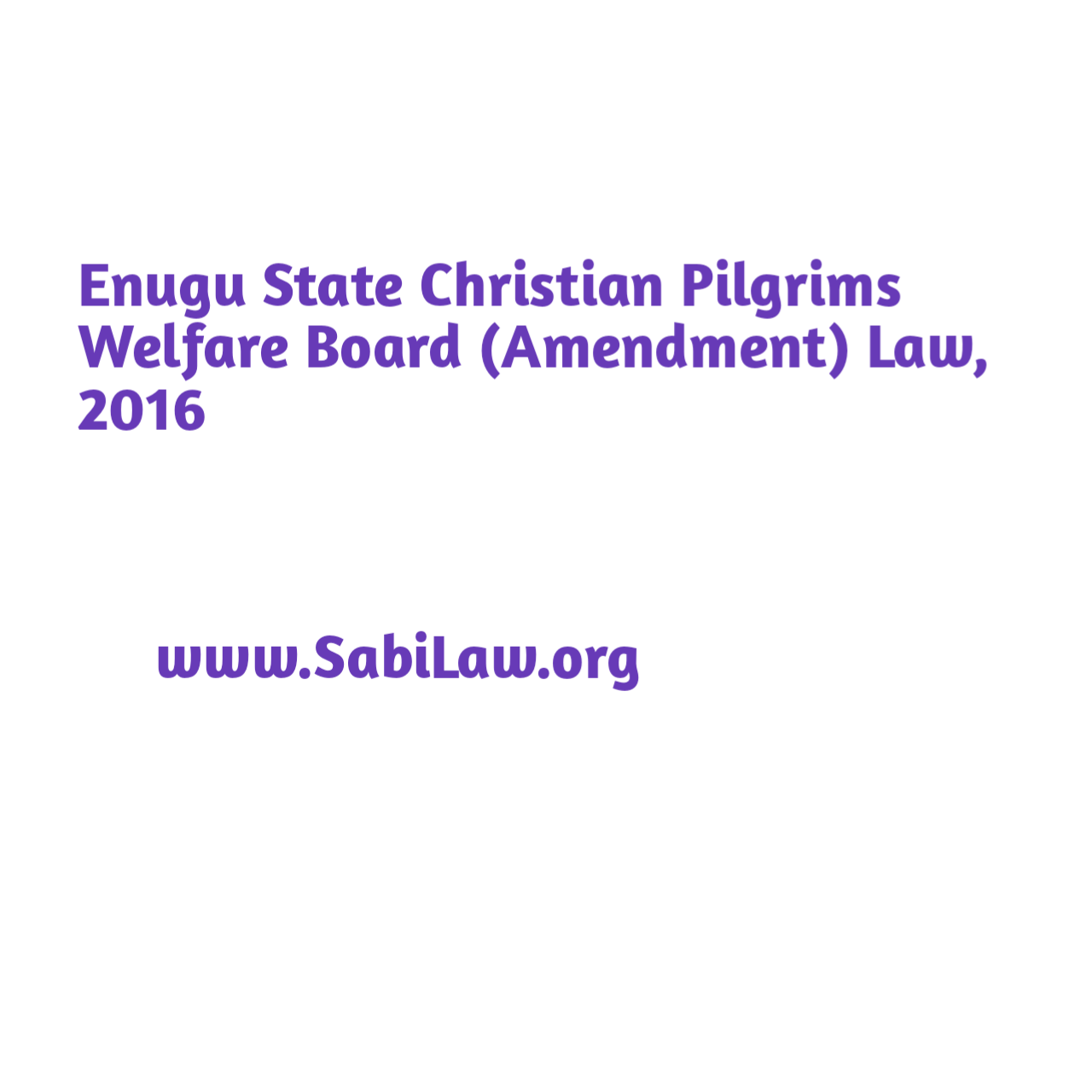

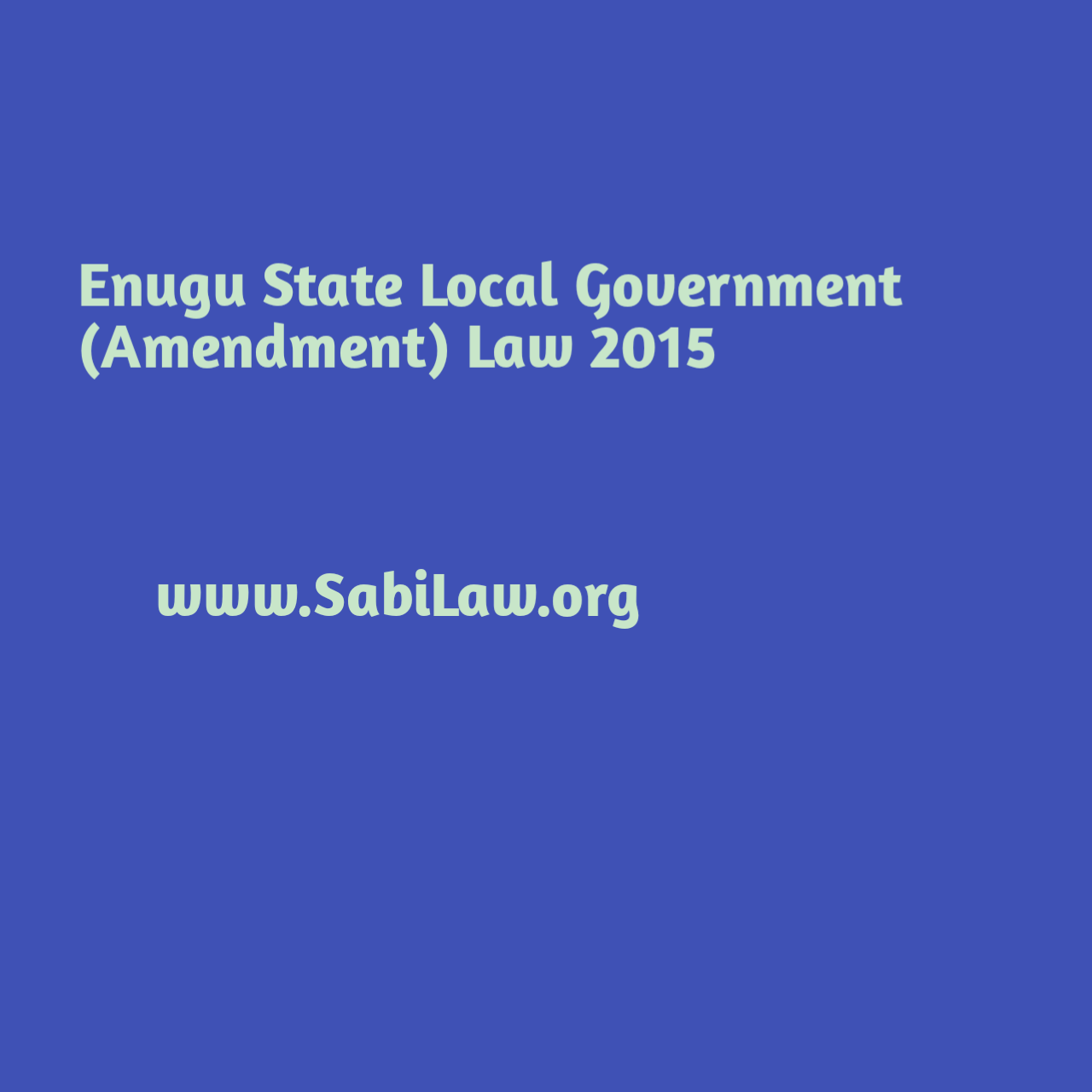
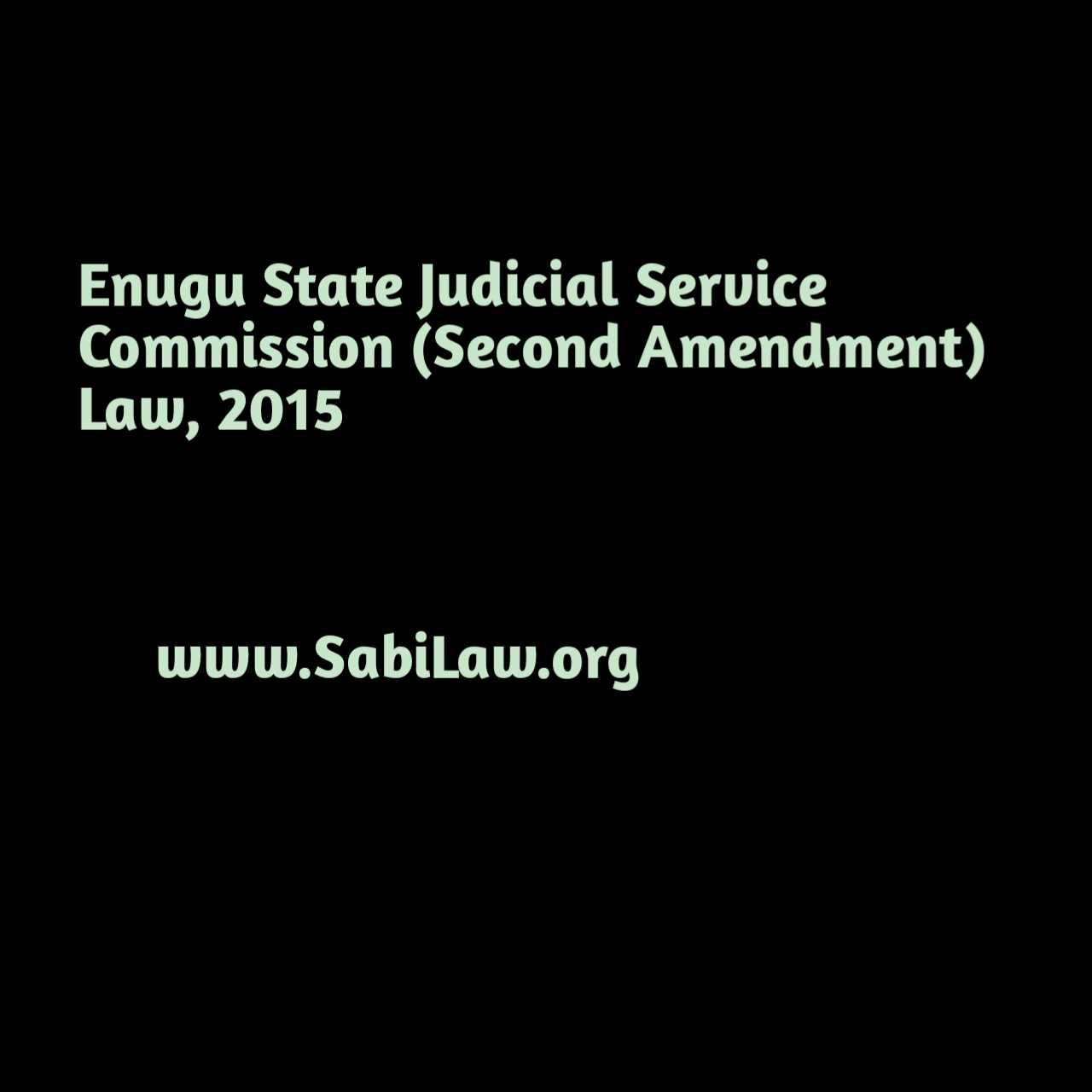
5 Responses